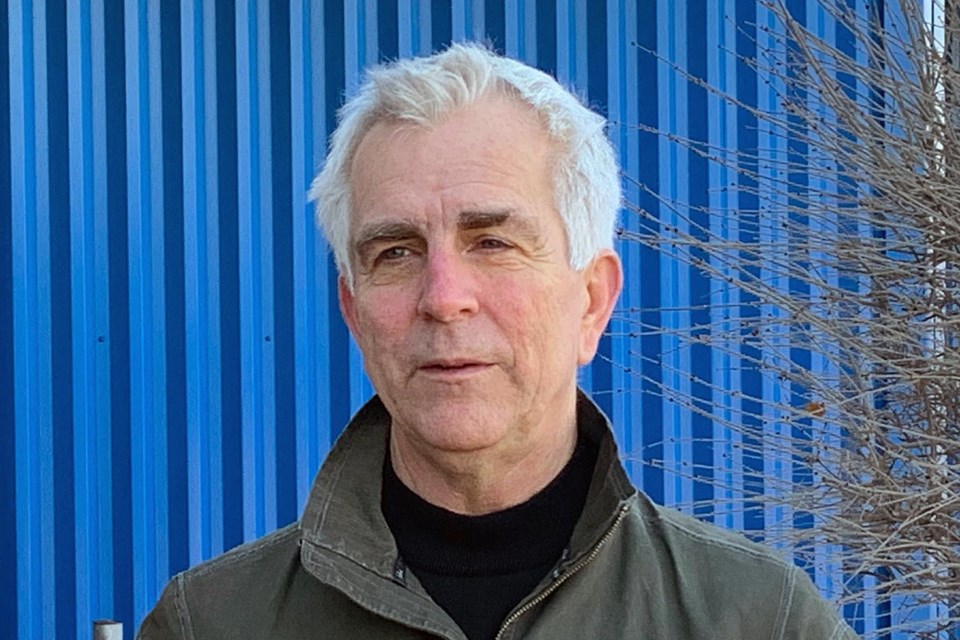THUNDER BAY - Medical experts and several members of parliament, including one local MP and doctor, are advocating to the federal government to allow Canada to permit challenge trials in an effort to find a COVID-19 vaccine quicker.
Thunder Bay-Rainy River MP Marcus Powlowski, along with An, Kumar and Michael Silverman, penned an op-ed published in the Toronto Star on Monday, which has been signed by six infectious disease experts and eight MPs, arguing the benefits of challenge trials far outweigh the risks.
“In times like this, the benefits certainly outweigh the risks,” Powlowski said in an interview with Dougall Media. “I think it’s unethical not to do it given the severe effects of COVID-19 in terms of health or the global economy.”
Challenge trials involve testing potential vaccines in young, healthy adults, and then purposely exposing them to COVID-19 to evaluate the effectiveness of the vaccination.
The test group would consist of volunteers between the ages of 18 and 25-years-old, which Powlowski says would be at low risk of developing any serious complications.
“I looked at Health Canada data and the numbers are in the population 20 to 30, which will have slightly worse numbers than 18 to 25, that the death rate was .047 per cent, so one in 2,500 people. Hospitalization rate 2 per cent. Rate of admission to ICU .5 per cent.”
Advocates for challenge trials say it will help speed up the process of finding a vaccine, as the traditional three stage vaccination trials is very time consuming.
Phase three trials for vaccines involve giving a potential vaccine to a certain number of people and an equal number of people receiving a placebo, and determining if those who received the vaccine are less likely to contract COVID-19.
“Most vaccines don’t work,” Powlowski said. “There are about 10 vaccines that are in phase three trials globally. And you may get a result that is inconclusive, so it works on 70 per cent of people. So what do you do? Stop there and say 70 per cent is good or go on with more phase three trials?”
Challenge trials also require fewer test subjects, with as many as 40 individuals providing accurate results.
According to Powlowski, there are already 40,000 people globally signed up from 150 countries to take part in challenge trials through the organization, One Day Sooner.
But challenge trials are not without controversy, with U.S. medical professionals writing in the New England Medical Journal of Medicine that even one death as a result of challenge trials would be unacceptable.
But Powlowski and other advocates say there are benefits to challenge trials, which have been used in the past for viruses like influenza, though never COVID-19.
“Given the minimal risks, not zero risks, but very small risks with this population and given the benefit globally with having a vaccine, I think, and we think and the people who wrote this article think the benefits far outweigh the risks,” he said.
“The intent of writing the letter is to try and convince policy makers, maybe in government, in academia, in the medical community that this is a risk worth taking.”
Powlowski also cited police officers, firefighters, and health care professionals who work with COVID-19 patients who are putting themselves at risk every day.
“We are unwilling to allow young people, who are willing to volunteer to take that very small risk with being exposed to COVID-19, in my mind it doesn’t make a lot of sense,” he said.
